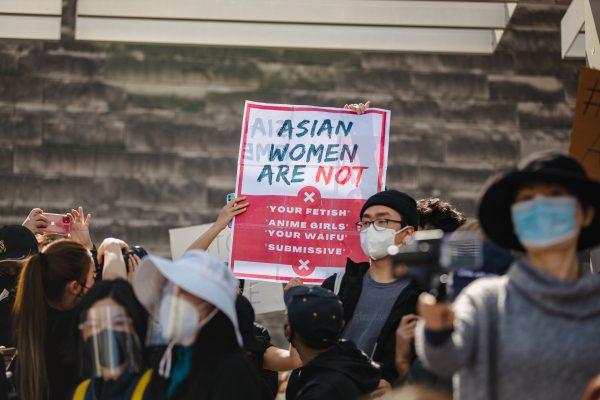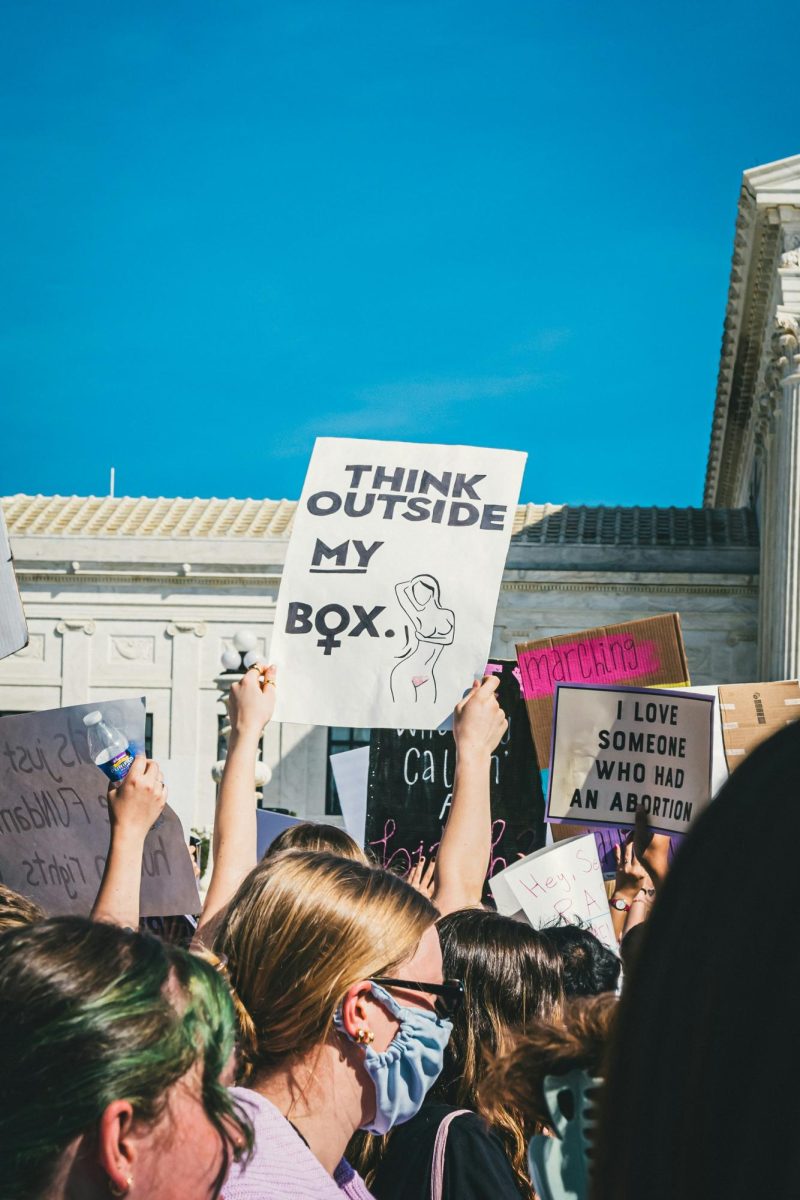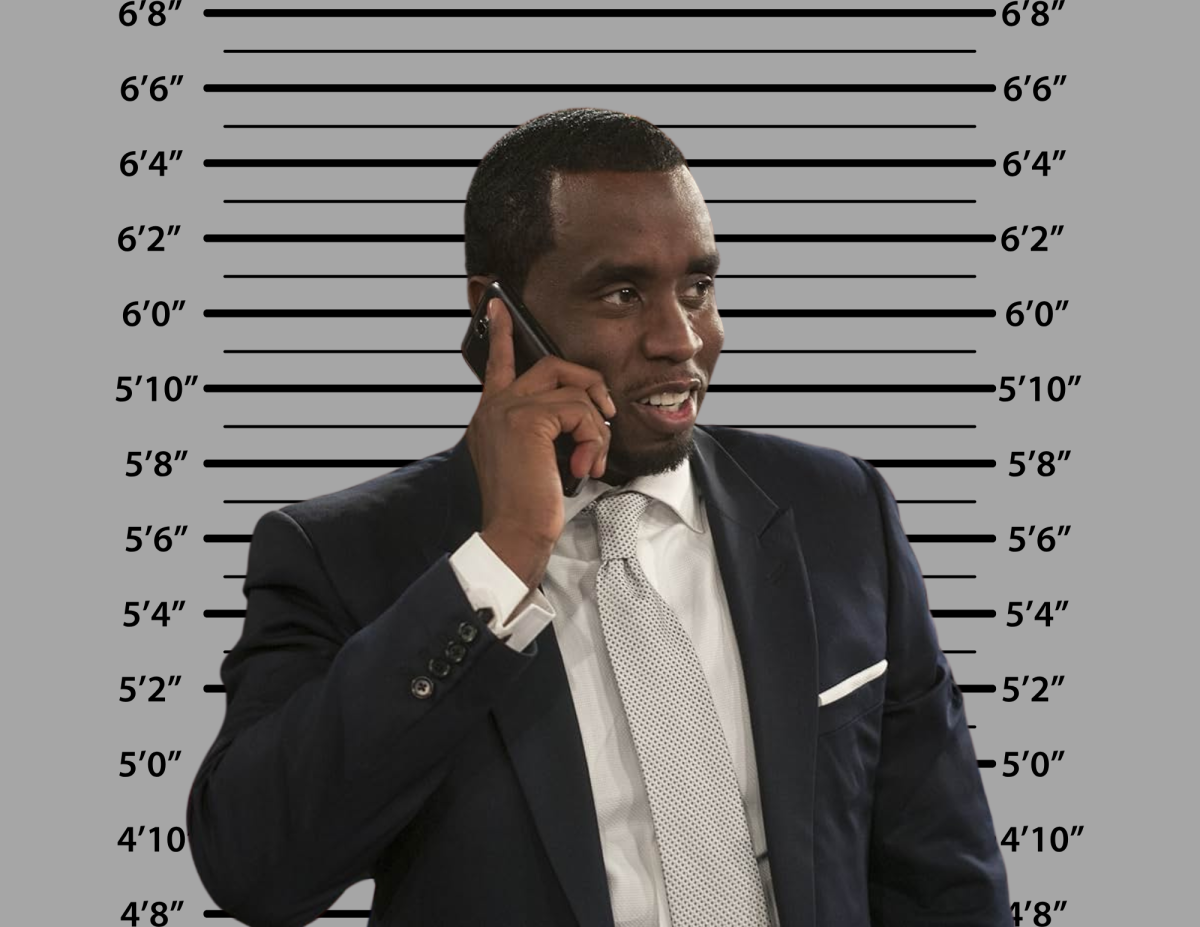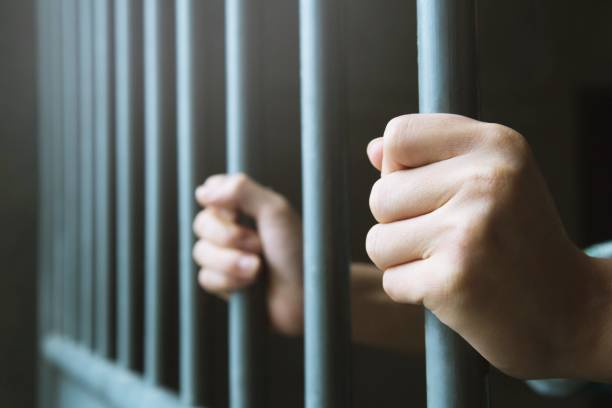
By Elaina Kleven
It took the Atlanta Spa Shooting to finally shine the light on anti-Asian American and Pacific Islander hate crimes and the discrimination they face daily.
The terrorist attack on three Asian-owned spas killed eight people: Delania Ashley Yang, Xiaojie Tan, Daoyou Feng, Paul Andre Michaels, Hyun Jung Grant, Soon Chung Park, Suncha Kim, and Yong Ae Yue.
Reports say the shooter, 21-year-old Robert Aaron Long, claimed his motive for the attacks was to quell the sexual desires these Asian-owned spas gave him. Long visited two of the nail salons beforehand and said he used them to heal his sexual urges. Police have found no evidence of anyone being a sex worker at the spas.
But anti-AAPI hate crimes skyrocketed during Donald Trump’s presidency. He pushed the narratives of American exceptionalism and economic competition with China.
Racists seemed emboldened to excuse their anti-AAPI hate with the onset of the COVID-19 pandemic. The suspicion that the virus originated in Wuhan, China was enough to ring xenophobic alarms even though there is no evidence to support that claim.
There were nearly 4,000 hate incidents against Asian Americans and Pacific Islanders reported between March 2020 and February 2021. The source of these crimes seems to be radical racism and a desire to physically harass Asian Americans, which sparked the “Stop Anti-Asian Hate” movement.
While this push for change has rightfully drawn support from most, it has not seen the amount of criticism Black Lives Matter saw during the last year. The reason could be in how the media has portrayed the movement or who it has blamed.
The Black Lives Matter movement aims to expose the systemic racism and police brutality many African Americans face. But the movement against anti-AAPI hate is aimed directly at those who are radically racist.
While the immediate blame for anti-AAPI hate should be placed on perpetrators such as Long, there is an undeniable source for the spike in such crimes seen in recent year.
The snowballing of these crimes stemmed from decades of casual racism and the sexualization of Asian women in the media. Trump simply exacerbated the issue.
Claiming these terrorist attacks are only a result of radical racism ignores America’s centuries of systemic, social and political racism. The hate in these systems has become blatant in the present.
The truth of the matter is most Americans are not willing to accept the fact that both their direct and underhanded racism built the environment that spawned these violent crimes. Many are satisfied with knowing they themselves have not assaulted an Asian person and therefore assume they are on the right side of the movement.
However, to truly be an ally to Asian Americans and Pacific Islanders, people must step back and question if what they are saying or doing contributes to hate crimes. They must consider what they can do to stop themselves and others from playing into the spread of racism targeted at AAPI people.




